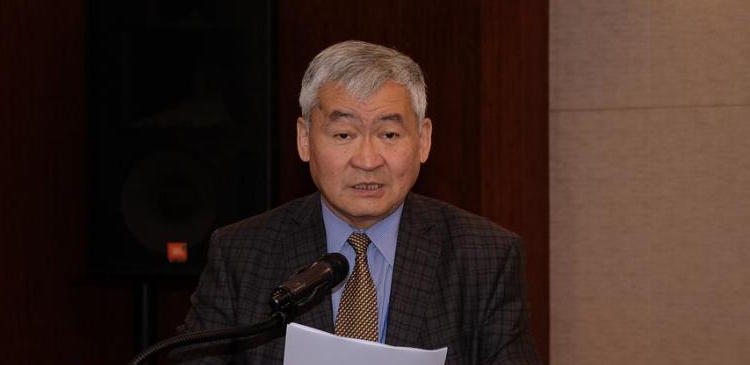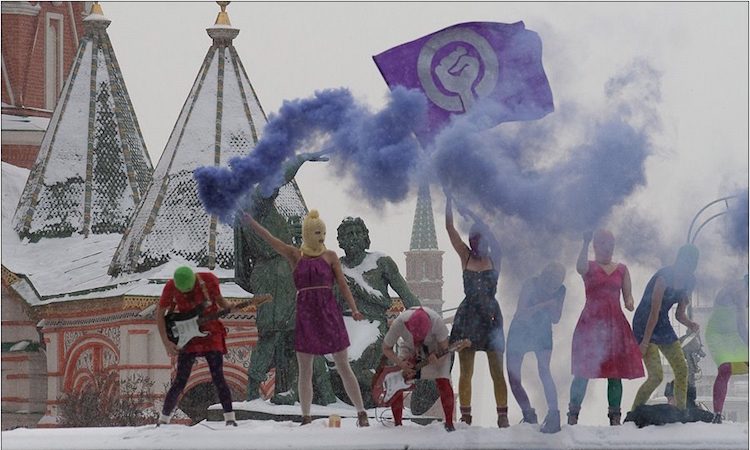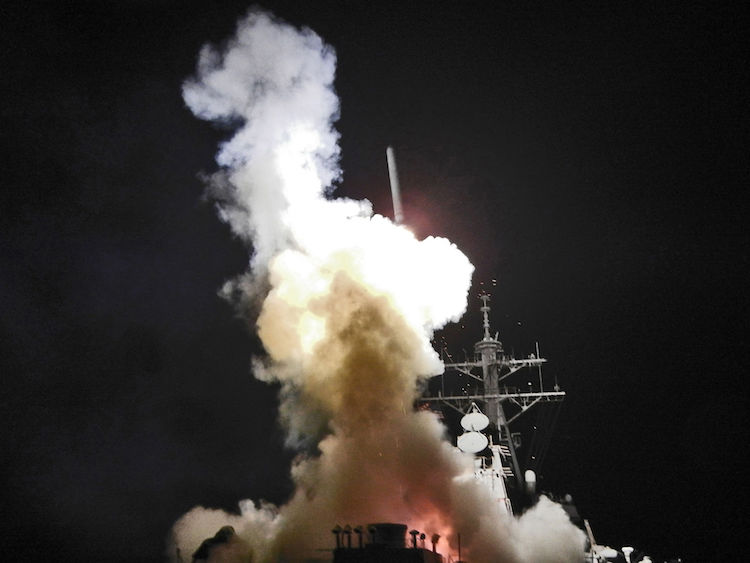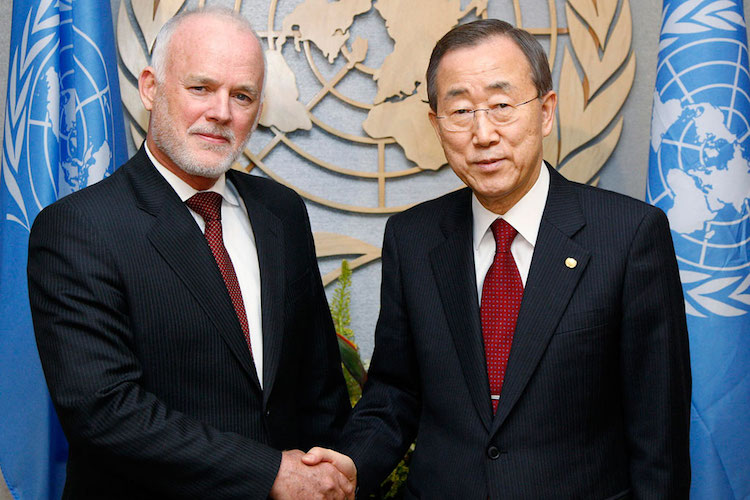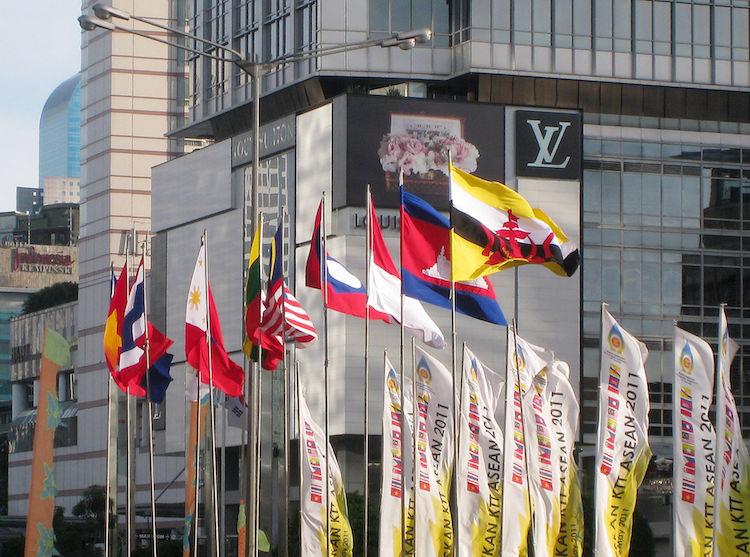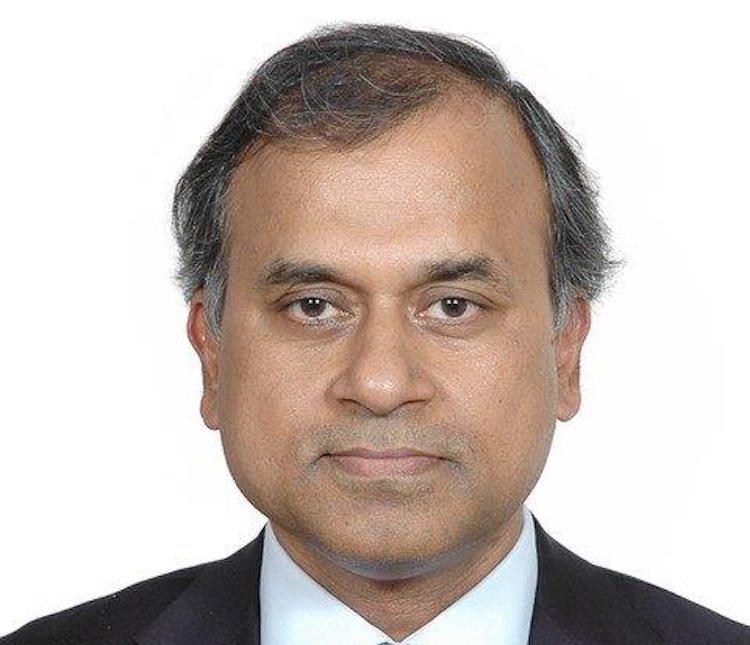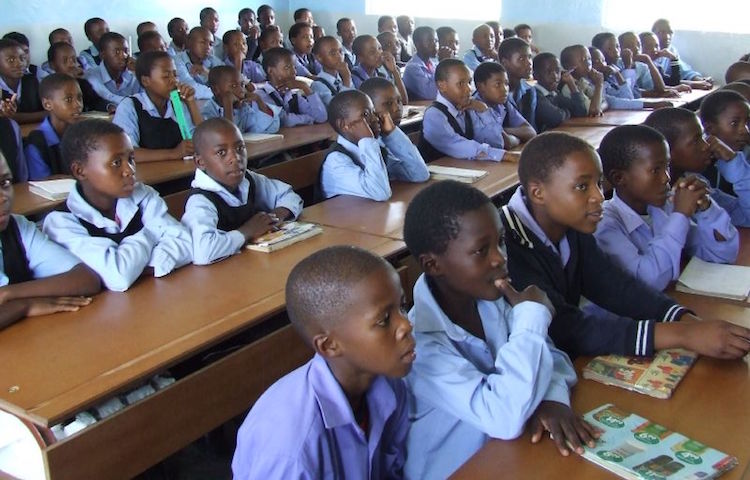Viewpoint by Dr. Jargalsaikhan Enkhsaikan*
This is a slightly abridged version of the Mongolian Blue Banner NGO President Dr. Jargalsaikhan Enkhsaikan’s address to the Astana Conference on August 29, 2016 to mark the 25th anniversary of the closure of the Semipalatinsk nuclear test site.
ULAANBAATAR | ASTANA (IDN-INPS) – Abolition of nuclear weapons is an ambitious goal that reflects seven decades of peoples’ aspirations and hopes to do away with this weapon of mass destruction. The paradox of the post cold war period is that though the number of nuclear weapons has been reduced, the number of states possessing such weapons has increased.

